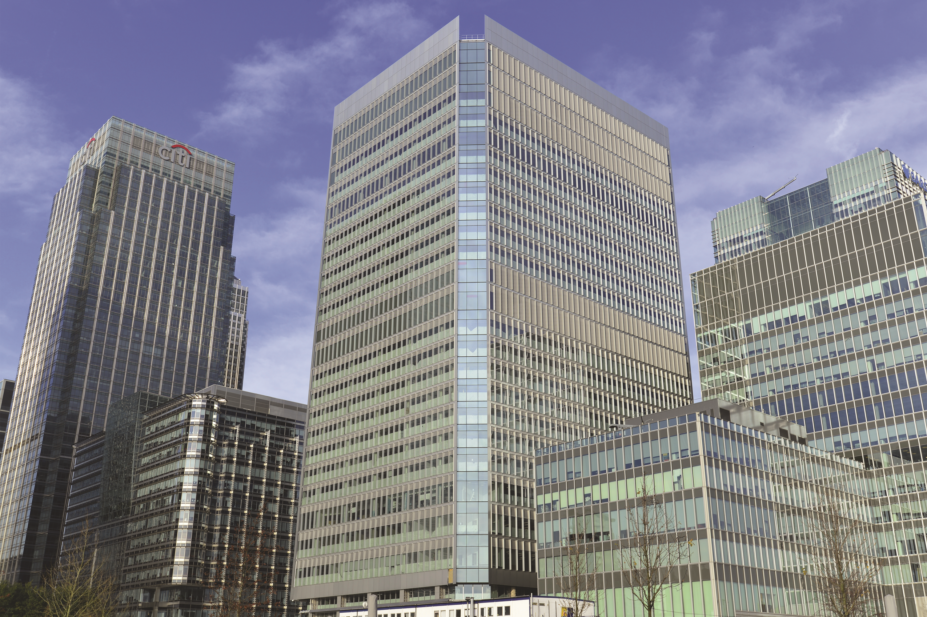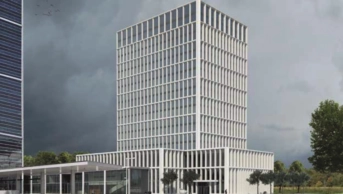
Shutterstock.com
The European Medicines Agency (EMA) has published ratings for the 19 cities bidding to become its new home following Brexit.
It assessed the bids across two categories: a technical ability to host the agency, which used information supplied by the bidding cities; and an assessment of softer qualities such as accessibility, which was carried out by the EMA.
The EMA then rated each city, and each venue where a city had included more than one venue in its bid, against a number of criteria within each category.
Within the technical category, the cities were assessed on layout, facilities, and relocation plan.
They were then rated at one of four levels: meets EMA requirements and ensures that EMA is operational on time; meets EMA requirements but raises concerns that EMA is operational on time; only partially meets EMA requirements and, therefore, raises major concerns as regards EMA business continuity; does not meet EMA requirements and, therefore, does not ensure EMA business continuity.
Seven cities were rated in the top two levels across all three technical criteria: Amsterdam, Barcelona, Bratislava, Brussels, Copenhagen, one of three proposed sites in Dublin, and Milan.
Ten venues were rated in the bottom two across all three technical criteria: Athens, Bucharest, one of three proposed sites in Dublin, Malta, one of three proposed sites in Porto, Sofia, Stockholm, both proposed sites in Warsaw, and Zagreb.
Within the softer category the cities applying to host the EMA were assessed on accessibility; education facilities for children of EMA staff; and access to the labour market, social security and healthcare for children and partners of EMA staff.
The accessibility category included an assessment of the number of hotels within walking distance of proposed venues, and the number of flights to and from each city.
The EMA then recorded scores in the same way as the technical criteria.
Each city was also assessed on the proportion of current EMA staff that could be expected to stay with the organisation after it had moved.
This assessment was also split into four levels, with the top one expecting more than 65% staff to remain; second level between 50% and 65% staff retention; third level between 30% and 50% staff retention; and fourth level less than 30% staff retention.
Eight cities were rated within the top two levels across all four criteria, including staff retention: Amsterdam, Barcelona, Bonn, Brussels, Copenhagen, Dublin, Milan and Vienna.
Only Sofia was rated in the bottom two levels across all four criteria. Six cities were rated in the bottom two levels across at least two of the four categories: Bratislava, Bucharest, Lille, Malta, Warsaw, and Zagreb.
The EMA published its findings on 3 October 2017 saying it had decided to go public following “the recent publication of isolated pieces of information circulating in the press in order to complete the picture and set the record straight”.
The agency said that given its mandate to protect public health in Europe, it had carried out “a thorough analysis of the bids against the criteria agreed by the EU27”, (2007–2013 when the European Union had 27 countries) and that this was “important to inform EMA’s efforts to prepare for the move”.
EMA said it expected that publishing this information “will be useful for member states when deciding on a suitable new host city and thereby ensuring that the agency will be fully operational during and after its relocation”.

